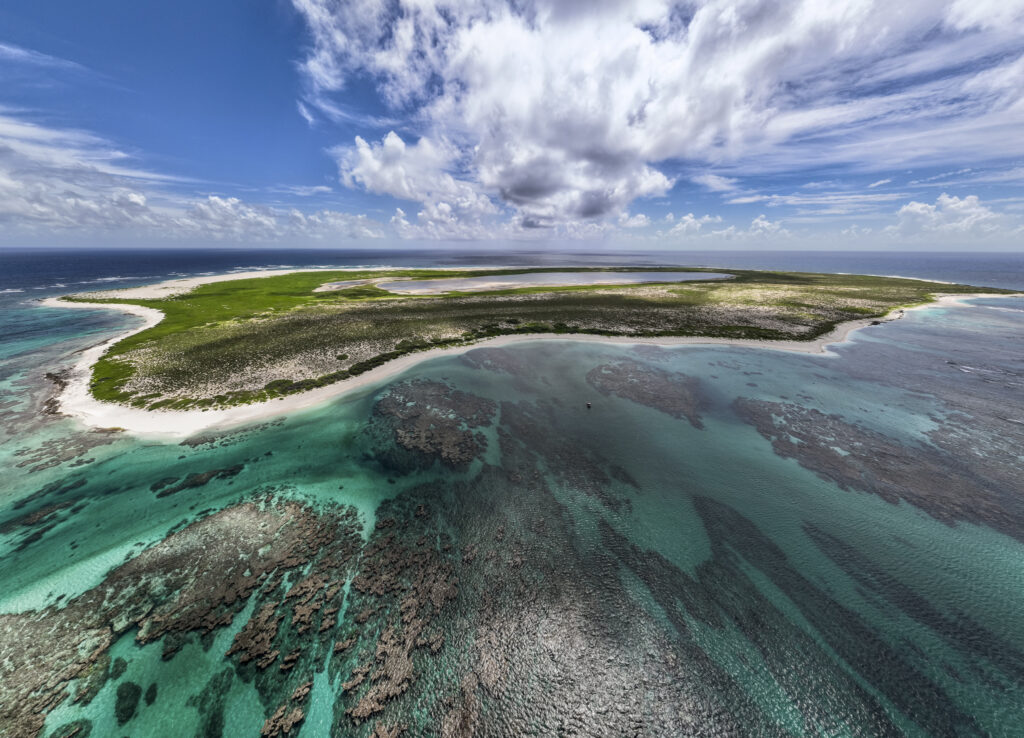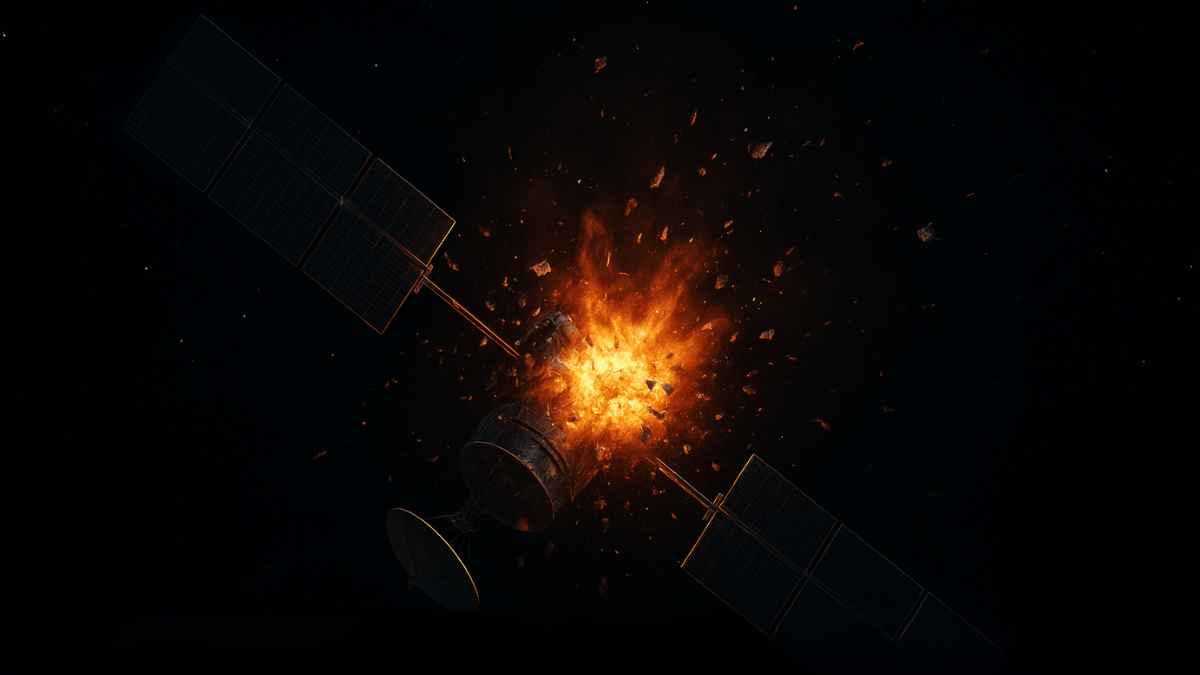The United States Air Force has suspended a major test project that was being planned in collaboration with commercial space company SpaceX.
Project Aimed to Revolutionize Military Cargo Transport
The project involved using hypersonic rockets to deliver cargo across the globe within 90 minutes. The testing location was set to be Johnston Atoll, a remote and ecologically sensitive island in the Pacific Ocean.
Johnston Atoll is an unincorporated US territory located about 1,300 kilometers southwest of Hawaii. Though tiny in size, the atoll is home to many tropical seabirds and lies within the boundaries of the Pacific Remote Islands Marine National Monument, a highly protected wildlife area.
The US Air Force had initially proposed using rockets, such as those developed by SpaceX, to test landings of vehicles capable of carrying up to 100 tonnes of cargo. These rockets would re-enter Earth’s atmosphere and land at the atoll as part of a broader plan to make military supply chains faster and more efficient. The plan was expected to bring a significant shift in how quickly the US military could move equipment to hard-to-reach regions.
SpaceX Launches 21 Powerful Starlink Satellites Amid Space Debris Concerns
However, environmental experts and biologists raised serious concerns. They warned that the rocket tests could disrupt the natural habitat of at least 14 species of birds that rely on the atoll for nesting. These birds use the small island, which is only 2.6 square kilometers in size, as a critical breeding ground.
Environmental Opposition Halts Progress
Before any construction or testing could begin, the Air Force stated that it would conduct an environmental assessment to evaluate the potential impact of the rocket project. But publication of a draft of that assessment was delayed after a strong pushback from environmental groups and conservationists.
Biologists familiar with the region highlighted that even one rocket test could prove disastrous for the fragile ecosystem. The loud noise, intense heat, and physical disturbances caused by the landing of rockets could destroy nests, scare away adult birds, and threaten the survival of hatchlings.
SpaceX Scandal: Daghestani Billionaire Owned Stake While Under U.S. Sanctions
The concerns grew stronger after past events involving rocket launches in other locations were taken into account. For example, previous rocket launches in other regions led to damage in protected wildlife zones, where bird nests and eggs were destroyed.
Given the rising pressure from wildlife experts and conservation groups, the Air Force decided to pause the Johnston Atoll project. According to a report published in the military newspaper Stars and Stripes on July 3, the Air Force is now looking for other locations where the rocket delivery tests could take place without harming wildlife.
Both the Air Force and SpaceX have not issued detailed public responses yet. However, the military confirmed through a spokesperson that alternative locations are being considered.
A Sensitive Site With a Troubled History
Johnston Atoll is not just a random dot in the Pacific Ocean—it is a site with a long and complicated history. Once used for nuclear testing and chemical storage, the atoll has slowly been recovering its natural balance. Today, it serves as a wildlife refuge and is recognized for its importance to seabirds.
Because of its isolation, the atoll offers a peaceful and safe nesting area for thousands of birds. These include some species that are rare and vulnerable. Experts noted that bringing rocket technology into such a delicate space could undo years of environmental recovery.
The halted rocket cargo delivery project was part of a broader goal by the US military to enhance its ability to respond to emergencies quickly by moving large quantities of equipment across the world in under two hours. But placing that ambition above environmental safety has sparked a serious debate among policymakers and scientists alike.
SpaceX Dominates Pentagon’s $35B Satellite Push
Reports have also pointed out past issues related to space-related activities and their impact on protected environments. In one incident, a rocket launch led to the destruction of bird habitats in another region, adding to the urgency of concerns raised by experts about the Johnston Atoll project.
For now, the plan to use Johnston Atoll as a test site is on hold. The Air Force is reviewing other potential test locations that could meet its needs without putting endangered wildlife at risk. The project remains a high-interest subject due to its potential to transform military logistics, but its path forward has been significantly altered by environmental considerations.




